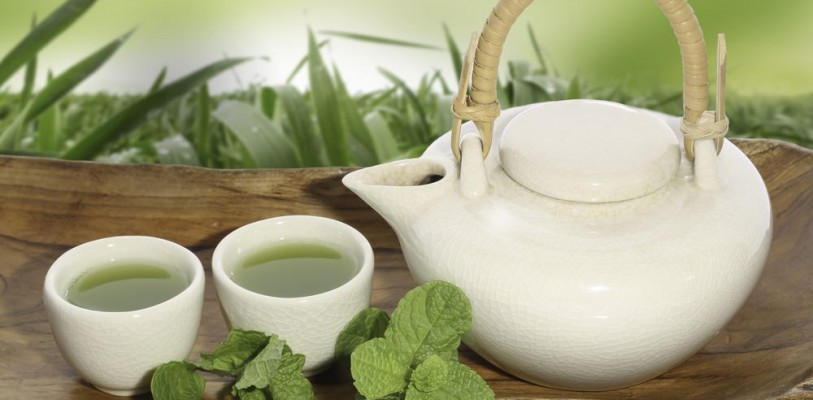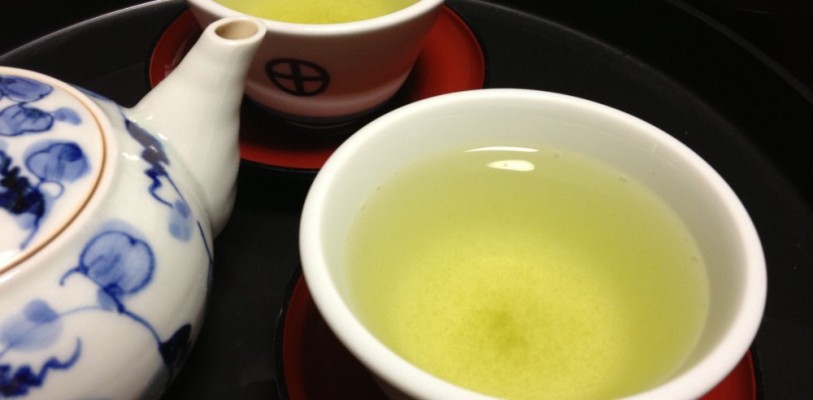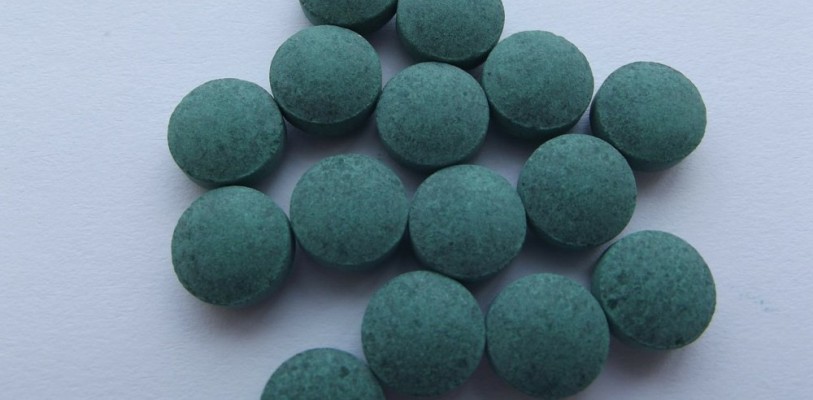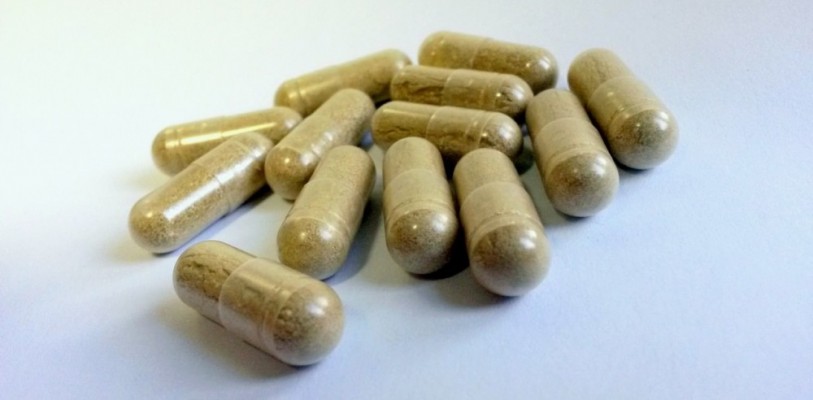
All this talk of green tea tablets has sparked my interest. I decided to do some research. I can’t believe how confusing it all is! The nutrition labels vary from manufacturer to manufacturer, making it difficult to compare each brand.
Let’s see if we can make sense of all this. I chose 4 green tea extracts to compare that were the most popular on Amazon and also available at stores off-line.
Before we begin, let’s go over some key points.
Potency: A standardized extract from the leaf consisting of 40% catechins and 60% polyphenols.
Caffeine: 16 mg of naturally occurring caffeine.
Quality: Now Foods is a quality, natural foods company. The supplements are sold at health food stores. The pills do not contain any sugar, salt, starch, yeast, wheat, gluten, soy, milk, egg, shellfish or preservatives.
Other ingredients: Gelatin (capsule) and Magnesium Stearate (vegetable source).
Good points: Lots of catechins and polyphenols, and low in caffeine.
Bad points: Polyphenols are basically catechins, so it's difficult to differentiate the meaning of 40% catechins and 60% polyphenols. The nutrition label doesn’t list EGCG, so we don’t know exactly how much it contains.
Potency: A serving size is 2 pills. The 2 pills contain 400 mg of green tea extract, 50% EGCG.
Caffeine: 160 mg
Quality: Green Tea Fat Burner is sold at many stores. Consumer Labs found the pills to have 65% less EGCG than advertised.
Other ingredients: Soy bean oil, gelatin, purified water, soy lecithin, beeswax, glycerin, titanium dioxide and sodium copper chlorophyllin. Also contains a blend of ingredients that make 100 mg of an antioxidant boost and 86mg of a vitality boost.
Good points: There is 200 mg of EGCG per serving. This is the same as drinking 2 - 3 cups of green tea. However, research found 65% less EGCG than advertised, which would be more like 70 mg of EGCG (less than drinking 1 cup of green tea).
Bad points: The pills contain a lot of unnecessary ingredients and a very high amount of caffeine. To compare, a cup of green tea has only 15 - 25 mg of caffeine.
Potency: 500mg Green Tea Leaf Standardized Extract Yielding 175 mg Epigallocatechin Gallate (EGCG)
Caffeine: 16.25 mg
Quality: Sold at health food stores.
Other ingredients: Dibasic calcium phosphate, stearic acid, modified cellulose gum, and silica. Also contains 47 mg of calcium.
Good points: There is 175 mg of EGCG in each pill. This is the same as drinking 2 - 3 cups of green tea.
Bad points: None. There is also a 100 mg Green Tea Extract, which contains 70 mg of EGCG. The 100 mg extract has less EGCG than drinking 1 cup of green tea.
Note: I contacted Source Naturals for information about their extract, and they replied the same day. Excellent customer service!
Potency: A serving size of Nature's Bounty is 2 pills. The 2 pills contain 630 mg of green tea extract, standardized to contain 15% polyphenols (95 mg), and 58 mg EGCG (from Consumer Labs).
Caffeine: 65 mg (from Consumer Labs)
Quality: Sold at many stores. The label says there is no artificial color, flavor or sweetener, no preservatives, no sugar, no starch, no milk, no lactose, no soy, no gluten, no wheat, no yeast, no fish, sodium free.
Other ingredients: Dicalcium phosphate, gelatin, maltodextrin, silica, vegetable magnesium stearate.
Good points: Consumer Labs found the pills to be exactly as claimed.
Bad points: The 2 capsules contain 58 mg EGCG, which is less than drinking 1 cup of green tea.
A cup of green tea has on average 15 – 25 mg of caffeine, which is less than the 65 mg of caffeine in this supplement.
It seems to me like most of the manufacturers don’t really want us to know what is inside these green tea tablets. Many of the supplements aren’t much better than drinking a cup of green tea. And they contain loads of unnecessary ingredients in order to put it all into pill form.
As for me, I’m going to continue drinking green tea. It’s the most natural way to get all of the plant’s beneficial properties, and it has over a thousand years of research to back it up.
If I were to take an extract, I would probably go with the Source Naturals 500 mg. The green tea tablets contain 175 mg of EGCG, are low in caffeine, and have a good reputation and good customer service.
This article contains affiliate links. Green Tea Guide receives a small commission for purchases made through these links. Your purchases support our effort to raise awareness about green tea. Thank you!
Cabrera, C., Artacho, R., & Giménez, R. (2006). Beneficial effects of green tea – A review. Journal of the American College of Nutrition, 25(2), 79-99.
USDA Database for the Flavonoid Content of Selected Foods, Release 2.1 (2007) http://www.ars.usda.gov/services/docs.htm?docid=6231


